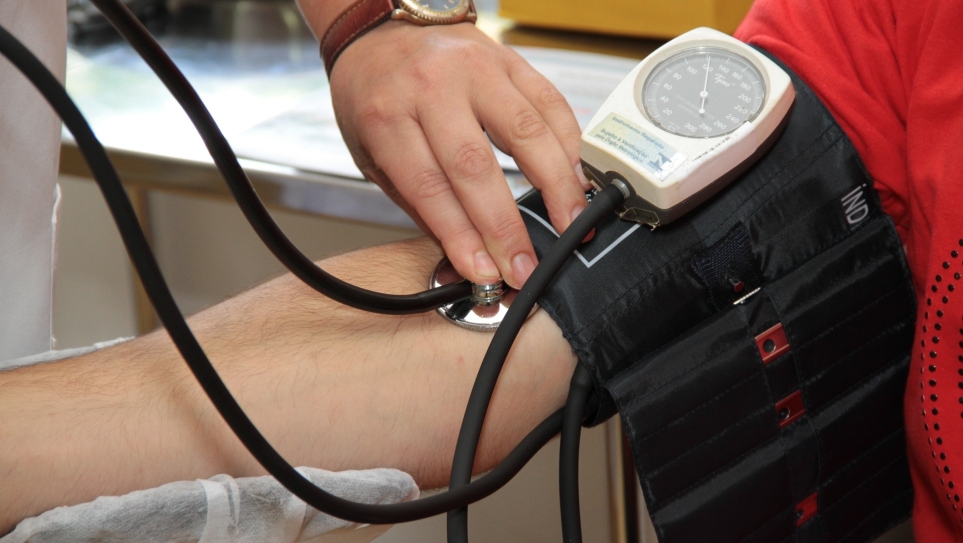Goal 7: Career Pathways
Youth have access to high quality career pathways programs, especially in juvenile justice placements.

Benchmarks
7.1 - Youth, including those in placement, receive meaningful career exploration, career planning, guidance and job training services as well as comprehensive social emotional and “21st Century” skills to identify, obtain, and sustain employment.
7.2 - Youth, including those in placement, have access to career/ technical education programs that offer industry-recognized credentials and certificates.
7.3 - Youth have equal access to career/technical education programs regardless of gender.
7.4 - Youth, including those in placement, have access to literacy and other academic programming that is fully integrated with career/technical education.
7.5 - Youth have access to their own employability documents (including social security card, birth certificate, resume).
7.6 - While in placement, youth are able to participate in internships and jobs in the placement and/or community.
7.7 - Youth with disabilities in juvenile justice placements are fully integrated and allowed full access to career pathways and career/technical education programs, with appropriate accommodations.
7.8 - Youth over age 16 (ideally 14) in juvenile justice placements receive thorough transition planning services that build on their identified strengths and interests, including, when applicable appropriate services and supports as required under the IDEA.
7.9 - Youth who are English Language Learners or limited English proficient receive the interpretation and translation services, ESOL instruction and modifications in career/technical education programs and equal access to employment opportunities to which they are entitled under federal and state law.

